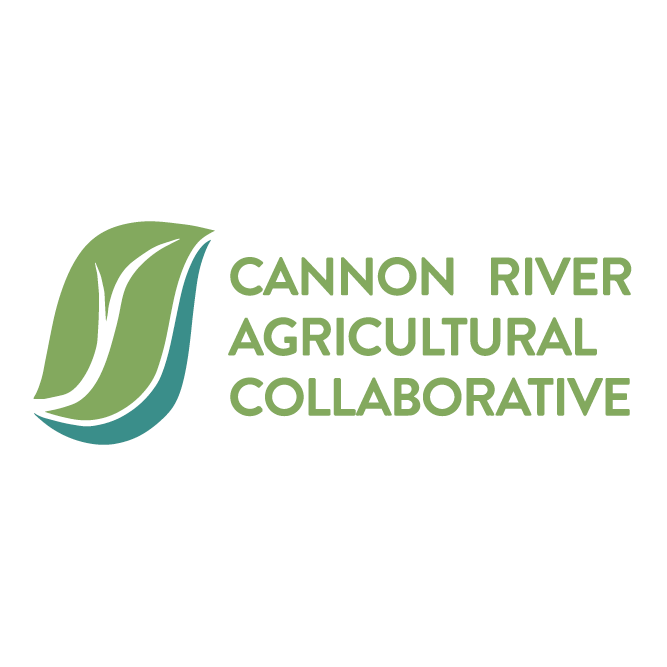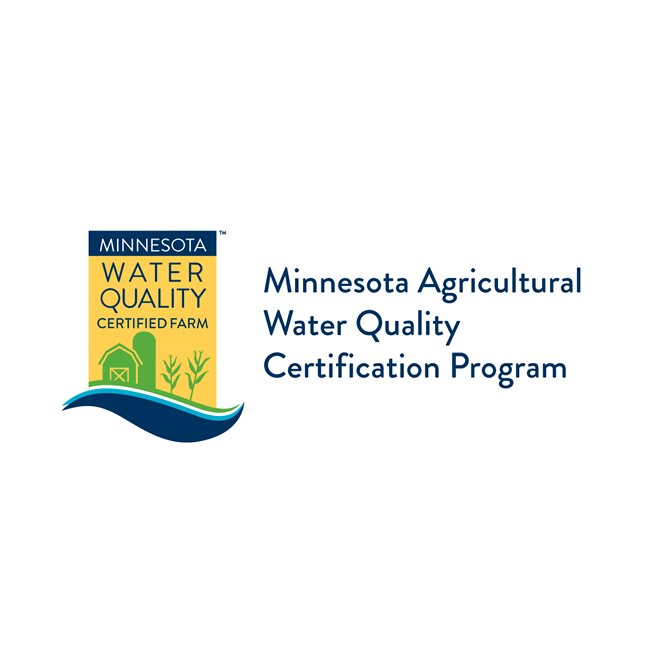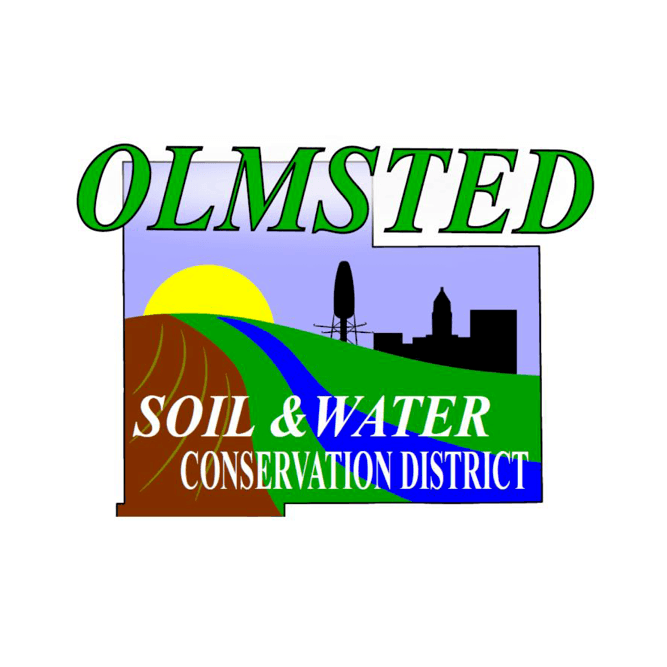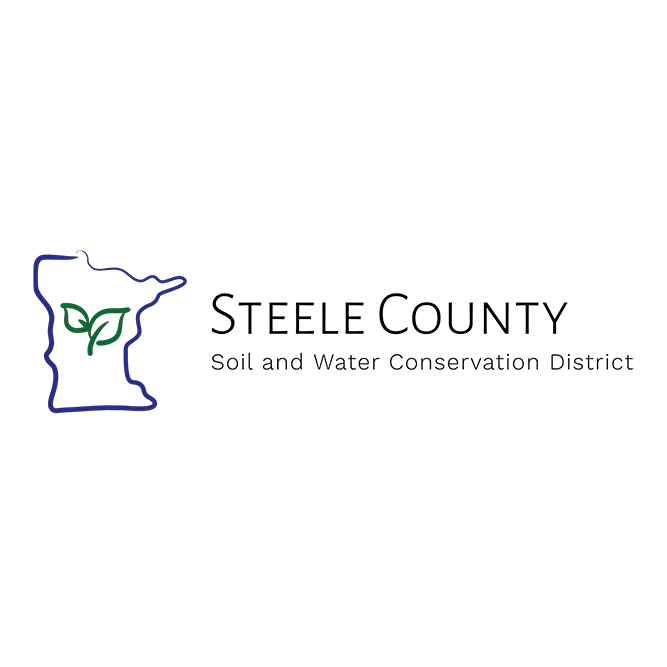Hamilton Farm
Conservation Story
The Hamiltons began adopting soil health practices on their 1,200-acre farm because nutrient loss and erosion were negatively impacting their yields.
The family started integrating cover crops into their soybean and corn rotations in 2012 after Terry helped other farmers integrate the practice into their operations. Terry was hired to aerial seed cover crops for others in the region through the family’s company, Midwest Ag-Air, LLC. Terry found the cover crops were a way to improve soil health and improve aerial seeding techniques. After finding success with cover crops, they started strip tilling a couple years later to help reduce costs and labor.
The Hamiltons were motivated by the connection between improved soil health and economic benefits that come from these practices. The reduced number of passes required of strip till has reduced fuel costs by more than a third. They’ve seen improved soil structure, less erosion, and faster infiltration rates during storms since they’re added these practices to their operation. The improved water management allows them to cultivate areas that previously had been left as water ways.
The Hamiltons have received information and support for these practices from University of Minnesota- Extension, their local Soil Water and Conservation District, and other farmers in the area. Terry advises that farmers getting started get rid of preconceived notions they have about farming and engage with others who are pursuing these practices.
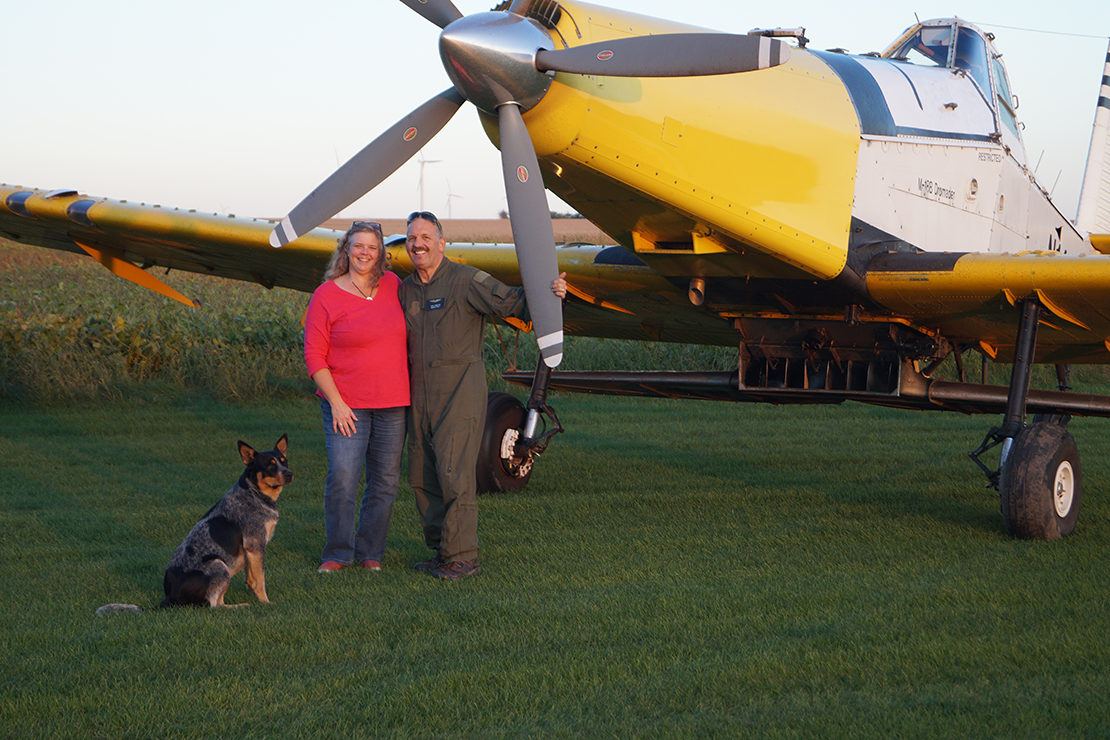
Farm descrption
Terry, Cindy, and Travis Hamilton farm more than 1,200 acres on a corn-soybean rotation. The land has been in the family since Terry’s grandfather purchased it after the Great Depression.
Conservation practices at work

Cover crops

Nutrient management

Strip till
Get Started Today
Contact Cindy and Travis Hamilton
Want to know more about the practices the Hamiltons implement on their farm? Contact them today.
Connect with technical experts
Learn more about these practices and financial and educational resources available to make changes on your farm. Contact Steve Lawler, Soil Scientist and Resource Specialist at Mower Soil and Water Conservation District on 507-434-2603.
Explore more
Learn more about what other farmers in the region are doing to build soil health by exploring the rest of the tour.
